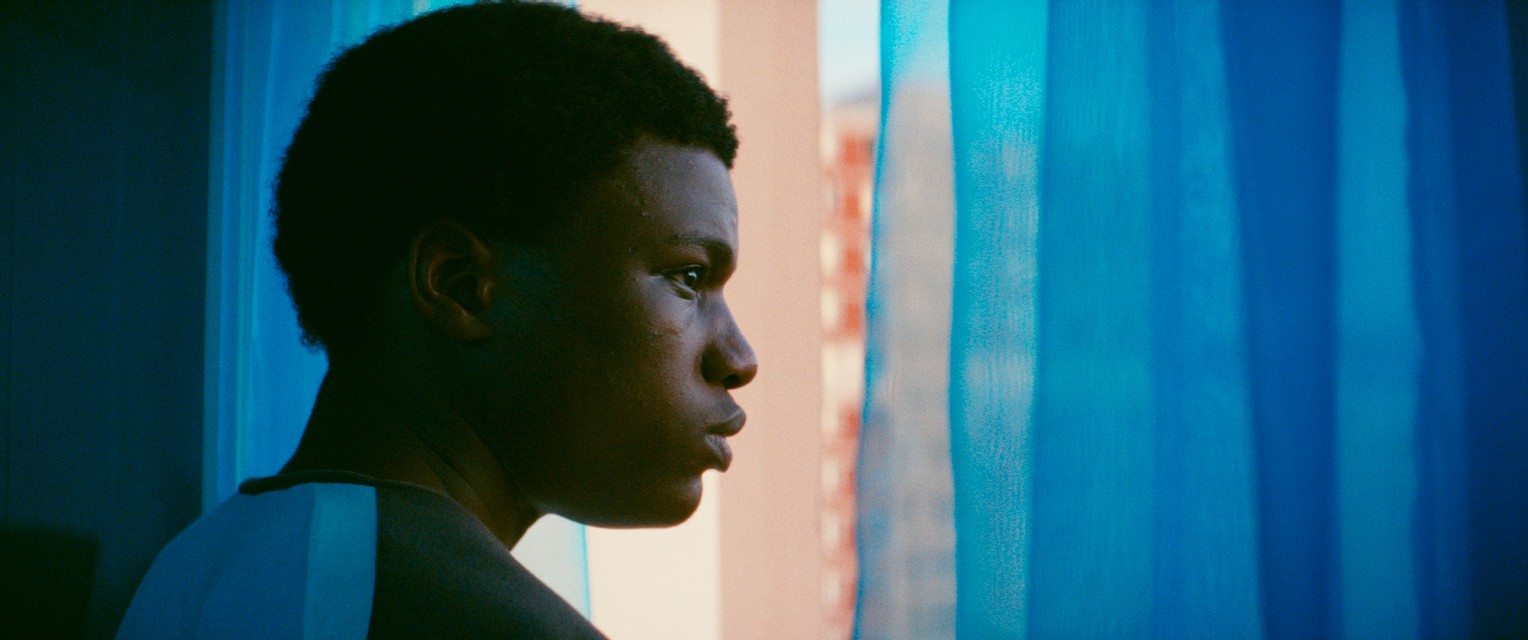A common trend amongst autistic people is the desire to escape, to exist outside of ourselves and transport into another realm. There is this consistent appeal and magnetism to the idea of going to space, of floating amongst the void where there is no weight or sound to overwhelm or trigger you. While the realities of space are terrifying and dangerous, there is something about its endless possibilities that inspires that desire for so many of us throughout our lives, a fixation that we can devote all our knowledge and passions towards. In our reality, autistic people experience discrimination and a lack of proper support throughout the world, especially if they’re poor or a person of color. There is little state assistance for autistic people, a societal lack of knowledge about what being autistic actually means, and explicit hatred from ableists. While being autistic is often beautiful and not something that should ever be changed, the difficulties of our lives often lead to images like being able to pilot our own spaceship becoming forms of great comfort, especially when melting down or dealing with major life changes.
Gagarine might not be explicitly about an autistic character; it’s never directly stated that the 16-year-old protagonist Youri (a sensational Alseni Bathily) is autistic, but it is one of the greatest pieces of representation that our community has ever experienced in cinema. Similar to Paul Thomas Anderson’s Punch-Drunk Love, an official diagnosis is not necessary for viewers to understand the protagonist’s autism. It is clearly evident throughout watching their fixations and their mannerisms. Youri shares his name with Yuri Gagarin, and the apartment complex where he lives Gagarine is named after the legendary astronaut as well. It seems predestined from birth that Youri will find a deep connection to space, this building feels like an extension of himself, his own personal spaceship. Like many autistic people, Youri struggles with the idea of major changes. The realization that his home will be demolished in several months due to poor conditions completely shatters him and he refuses to comprehend a world where he’s not surrounded by these comforting walls. He is an exceptionally talented engineer who––in spite of his mother’s absence, no extensive technical training, and zero funds––is able to keep the lights functioning and create a sustainable garden in the top floors of the apartment complex. Youri is deeply kind and passionate about the idea of going into space and the thought of losing this building feels like the end of the world. Realizing that he can’t cope with this major life change, he teams up with his friend Houssam (Jamil McCraven) and possible love interest Diana (a magnificent Lyna Khoudri) to try and find a way to keep his home intact.
Directors Fanny Liatard and Jérémy Trouilh imbue Gagarine with elements of magical realism, particularly in the film’s third act. As the film mostly takes place from Youri’s perspective, the moments when he’s desperate and overwhelmed slow down and allow the audience to see what he envisions when he needs comfort. The cinematography and beautiful soundtrack help create this feeling of peaceful weightlessness whenever Youri journeys into his own mind. It isn’t an explicit fantasy, with the acknowledgement that so much of Youri’s dedication to the idea of keeping this building intact is due to a lack of parental support or counseling to help him process these changes healthily. Yet, for every autistic person who’s ever had to say goodbye to their childhood home or oscillate on the verge of losing it forever, it’s impossible not to find significant resonance in his desperation to keep things the same. Instead of being alienated or treated with cruelty, Youri is embraced by his friends for his idiosyncrasies and particular talents. The dynamic between him and Diana as the film progresses is particularly beautiful, with Liatard and Trouilh managing to make a sequence of interpreting Morse code feel as romantic as a proposal.
The film’s third act, which truly embraces the fantastical aesthetic and sincerely romantic core, is stunning to behold. After watching countless works of art throughout the years that sensationalize and exploit autistic people, it is indescribably beautiful to be able to watch an autistic-coded character find love, friendship, and moments of catharsis even when the world is needlessly cruel. It would have been so easy to lean into exploitative tropes or misery porn but instead, Gagarine is a testament to the beauty of being autistic, of how much our lives and dreams mean something. It doesn’t mean that we can change everything bad that happens to us––so much of the world is out of our control––but Gagarine proves that we can find our moments of peace within ourselves and rely on the love of others to get us through the hard times. There are so few words that can effectively describe the impact of its final 15 minutes; all you can do is watch, let the tears flow down your cheeks, and feel the shivers on the back of your spine.
Gagarine screened at Glasgow Film Festival.

